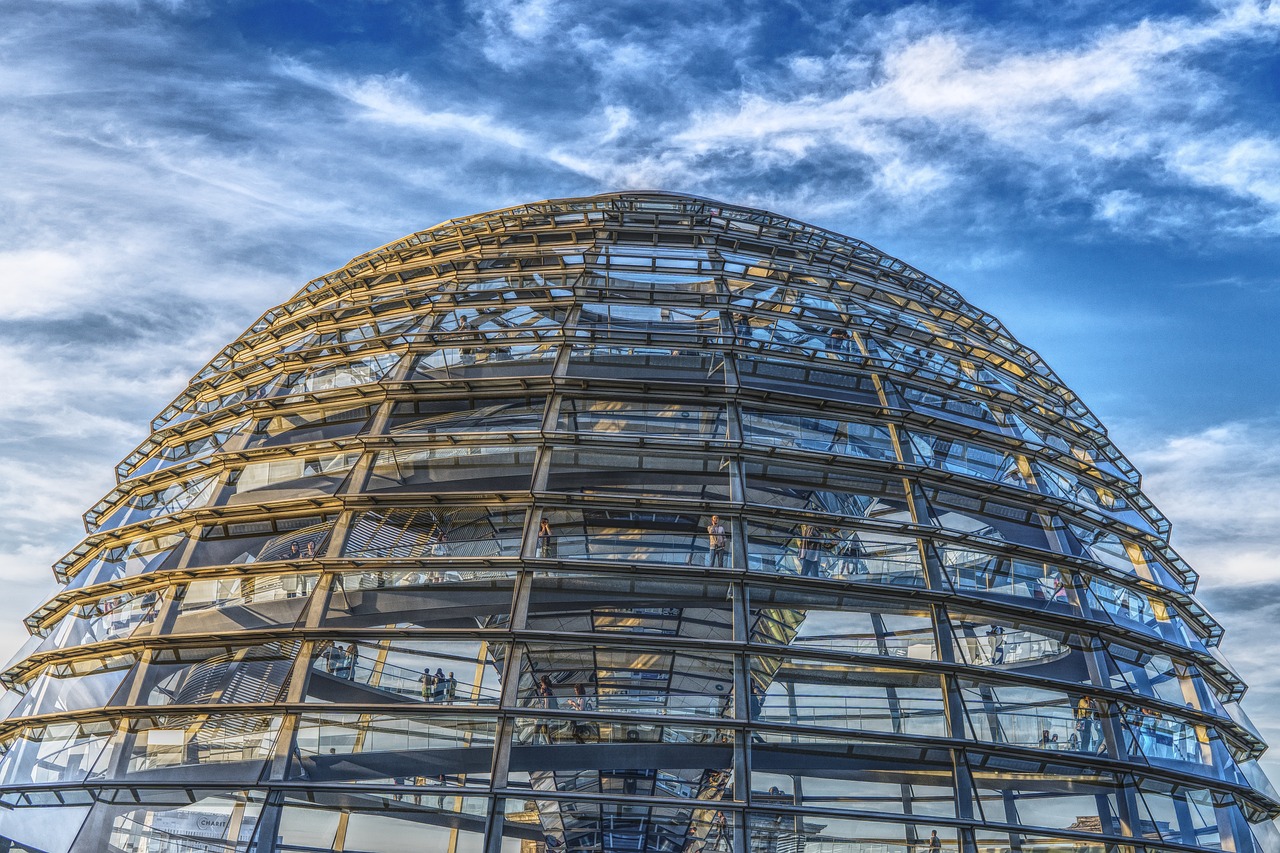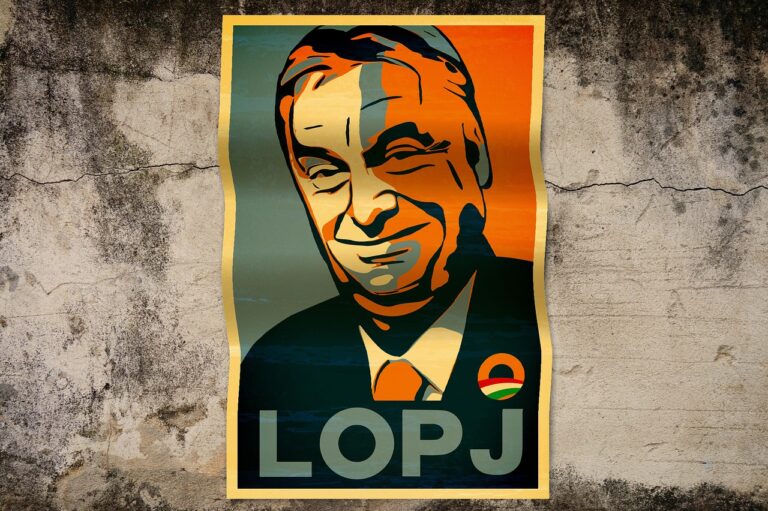Political Literature and Its Influence on Voter Education
Political literature has a rich history dating back centuries. From ancient philosophical treatises to modern-day political manifestos, written works have played a crucial role in shaping political discourse and ideology. The earliest forms of political literature can be traced back to the ancient Greeks and Romans, who penned texts on governance, citizenship, and justice.
During the Middle Ages, political literature primarily centered around religious and philosophical teachings, with works like Thomas Aquinas’ “Summa Theologica” influencing political thought. The Renaissance period witnessed a resurgence in political literature, with influential figures such as Machiavelli and Hobbes publishing groundbreaking works on governance and power dynamics. These works laid the foundation for the development of modern political theory and continue to shape our understanding of politics today.
Political literature has a rich history dating back centuries
Ancient Greeks and Romans penned texts on governance, citizenship, and justice
Middle Ages focused on religious and philosophical teachings in political literature
Renaissance saw a resurgence in political literature with works by Machiavelli and Hobbes
These works laid the foundation for modern political theory
Different Types of Political Literature
Political literature comes in various forms, each designed to convey messages and influence opinions. One common type is political pamphlets, which are brief printed materials that present political issues and arguments in a concise manner. These pamphlets are often distributed during election campaigns to inform voters about candidates’ platforms and policies.
Another type of political literature is campaign speeches, where candidates address audiences in person or through media platforms to outline their vision and goals. These speeches are carefully crafted to appeal to the emotions and values of the listeners, aiming to sway opinions and garner support. By delivering powerful messages and engaging with the audience directly, campaign speeches play a crucial role in shaping voter perceptions and decisions.
How Political Literature Shapes Voter Opinions
Political literature plays a significant role in shaping voter opinions. Through various forms such as political speeches, manifestos, and propaganda materials, political literature has the power to influence how voters perceive different political candidates and parties. The language, rhetoric, and persuasion techniques employed in political literature can sway voters towards supporting a particular candidate or ideology.
By appealing to emotions, values, and beliefs, political literature can effectively communicate a candidate’s platform and policies to voters. The use of persuasive language and imagery in political literature can evoke strong emotions and create a sense of connection between the voters and the candidate or party. Ultimately, political literature can play a pivotal role in shaping voter opinions and influencing their decisions at the ballot box.
What is the significance of political literature in shaping voter opinions?
Political literature plays a crucial role in informing and influencing voters by providing them with different perspectives, arguments, and information about political issues and candidates.
Can you provide examples of different types of political literature?
Some examples of political literature include political speeches, campaign materials, political advertisements, political essays, and political fiction.
How has political literature evolved over time?
Political literature has evolved from ancient political treatises and pamphlets to modern mediums such as social media and online blogs, reflecting advancements in technology and changes in communication strategies.
How does political literature impact voter behavior during elections?
Political literature can shape voter opinions by framing issues, highlighting candidate strengths or weaknesses, and appealing to emotions or values, ultimately influencing voter decisions at the polls.
Is political literature always biased towards a particular political party or ideology?
Political literature can be biased towards a specific party or ideology, but it can also present balanced perspectives or provide critical analysis of multiple viewpoints, depending on the author’s intentions and objectives.







